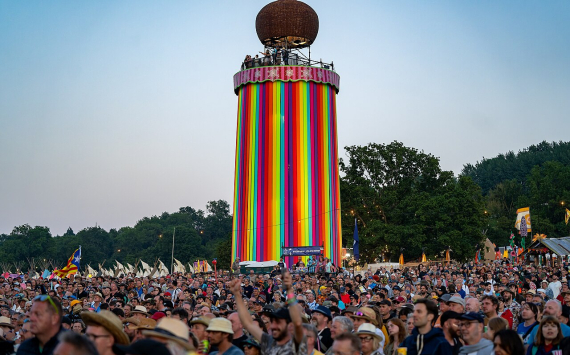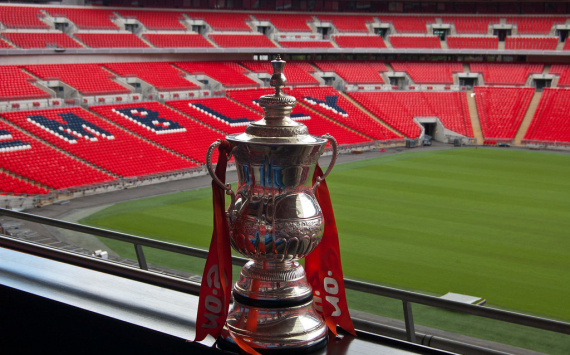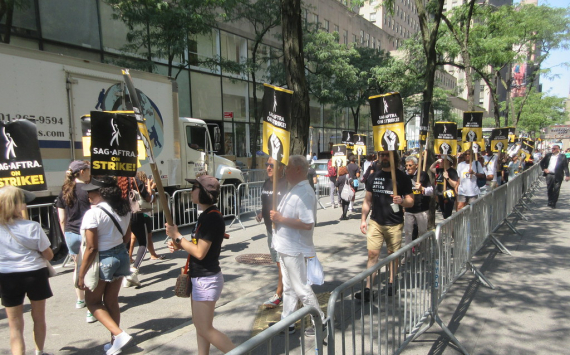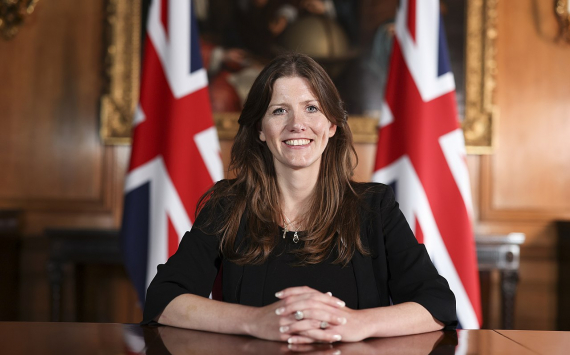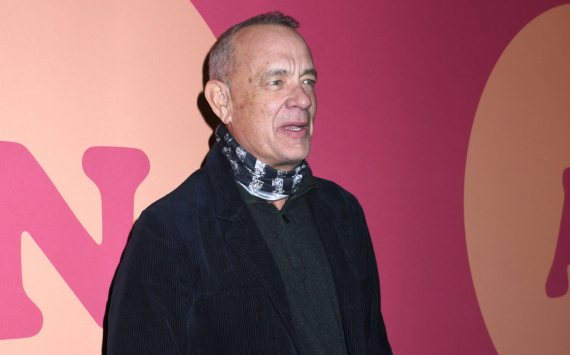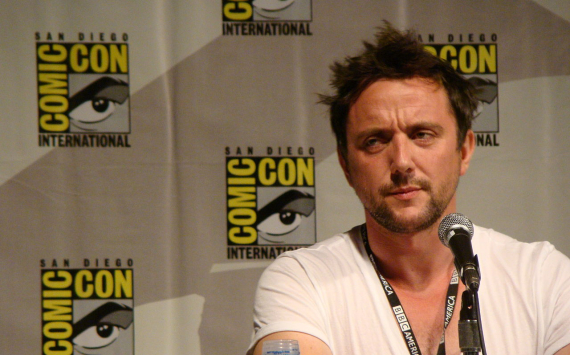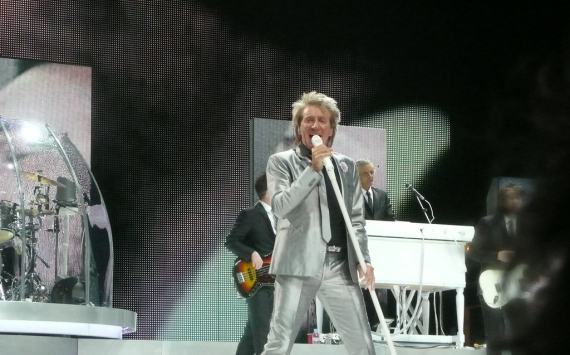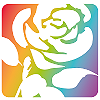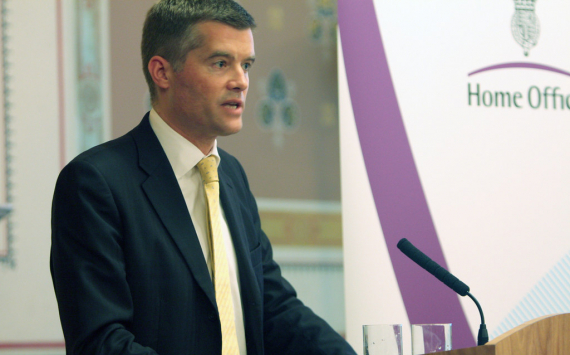
Train drivers strike for fair wages amid controversy
The strikes planned by train drivers' union members on May 12, May 31, and June 3 have received criticism from Transport Secretary Mark Harper. Mr. Harper expressed concern about the possible disruption of significant events, including the Eurovision Song Contest and the FA Cup final.
Amidst the tensions between Ukraine and Russia, Mark Harper urged rail workers to show their support to Ukraine. As the country was initially set to host the Eurovision finals, but it got moved to Liverpool due to the Russian invasion.
Mick Whelan, the general secretary of Aslef, has responded to accusations from Harper, calling them "bizarre" and indicating a lack of understanding of the situation. He emphasized that Aslef has a longstanding commitment to supporting Ukraine and has sent delegates to the country during the Russian invasion. Whelan clarified that the union's push for a pay raise is a distinct matter unrelated to the Ukrainian crisis.
According to Whelan, the recent strikes were not motivated by cynical targeting of important events, as suggested by Harper. Instead, he placed the responsibility for the strikes on the government and employers, who should have made a sensible offer to the train drivers to resolve the dispute. Whelan stressed that the strikes could have been avoided if the train drivers had received a fair pay increase since 2019. By addressing the needs of the workers, the government and employers could have prevented the strikes and ensured the smooth functioning of the transportation system.
In conclusion, Mick Whelan strongly disagreed with Mark Harper's criticism of the planned strikes by train drivers' union members. He argued that the strikes were a result of the employers' failure to make a sensible offer to the train drivers and that it was unfair to suggest that the strikes were targeting important events or that they were not standing in solidarity with Ukraine.




